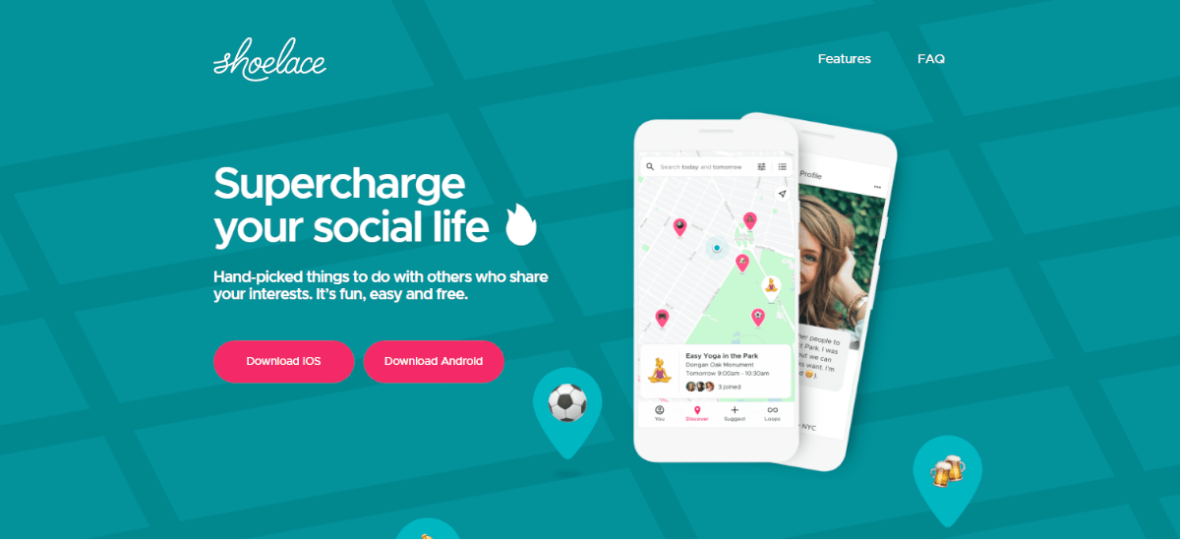The American company has not yet said the last word on the social media market. After closing Google+, it’s time for another initiative. The new site will be called Shoelace and will debut in the undefined future.
Hardships and toil
In 2011, Google created its own social network. He was to compete with Facebook, which at that time already had more than 500 million users around him and dynamically approached the ceiling of one billion recipients. However, Mark Zuckerberg’s service has set the bar too high. Its competitor has gained marginal importance on the social media market. Although position in the Google ecosystem supported the conduct of SEO activities, it was one of the few benefits for companies. To make matters worse, in the meantime there was a slip-up related to user data leakage. It was a nail in a Google+ casket. Finally, the service was closed in 2019.
Shoelace – a better child?
Google had plenty of time to regroup and develop new solutions. After a three-year break, the Shoelace project was born. The purpose of the debuting brand is to connect people who live in their neighborhood and have similar interests. Thanks to this, fans of the local football team will be able to arrange and go out to the match together, and the dog owners will get to know each other on a walk with their pets.
The Area 120 group, which is part of Google, is responsible for the preparation and implementation of Shoelace. Currently, New York residents are already testing the mobiles application. At the moment it is not known when the premiere will take place and basically … whether it will happen at all. However, the test phase and description of basic functionalities make the topic more than less likely.
For some time, Facebook has also been trying to strengthen ties in local communities. However, it may turn out that a website with two billion users will be much less reliable in such activities than a new product with solid marketing facilities. This service could expand the range of possibilities offered by Tinder. In this way, users could simply find a company to go out for a beer or parents who have children of a similar age. This concept definitely has a much better chance of success than Google+.
